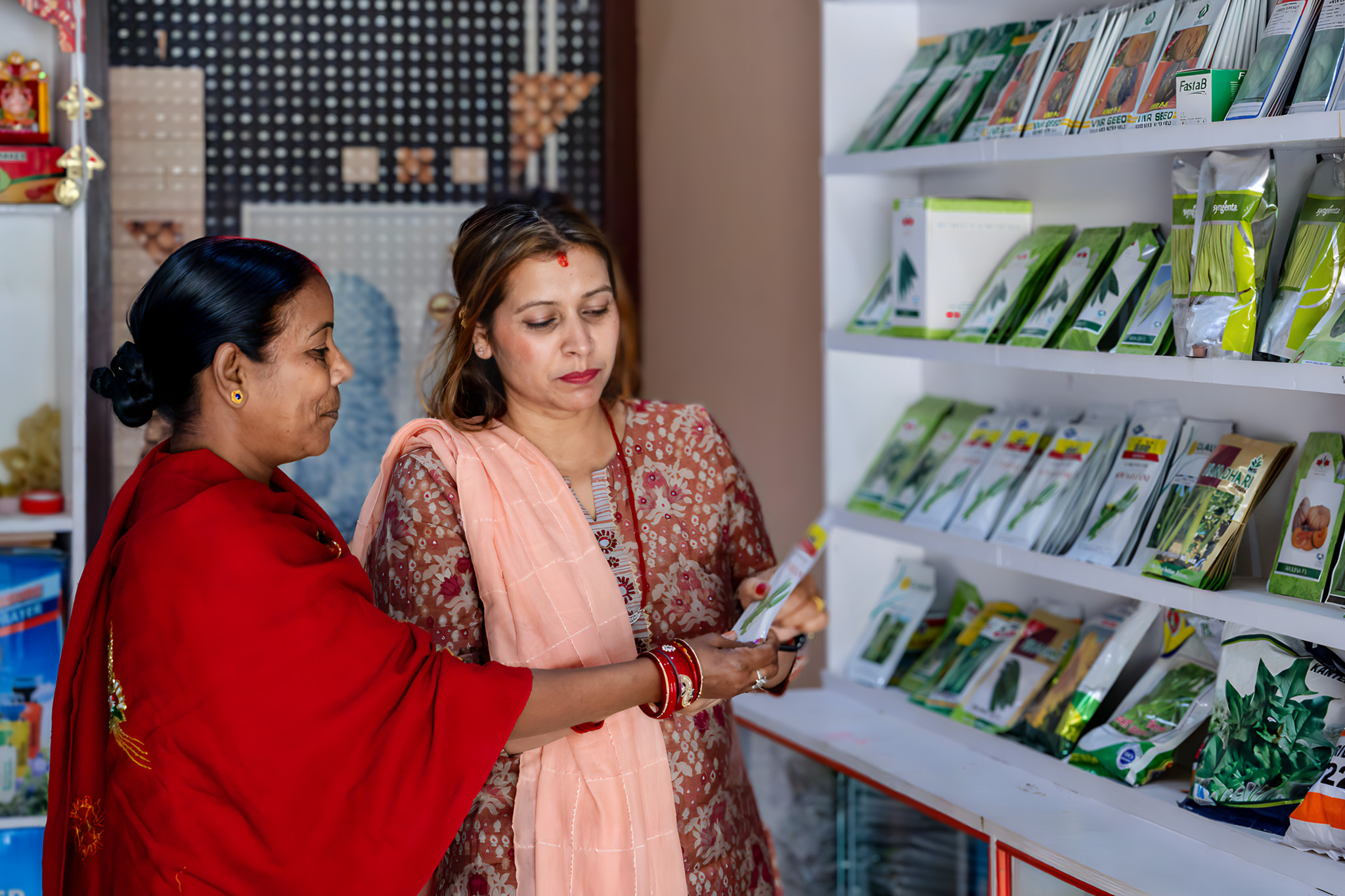
Project
Feed the Future Nepal USAID Agricultural Inputs
Funder: USAID
Project Timeline: June 15, 2023 - June 14, 2028
Country: Nepal
Program Areas: Agriculture, Access to Finance and Market Systems
Contact: Alexis Ellicott, Alexis.Ellicott@winrock.org
The Feed the Future Nepal USAID Agricultural Inputs activity uses a market systems approach to analyze agricultural input supply chain constraints and facilitate private and public sector partners to develop and scale innovative technical and policy solutions that increase the availability, accessibility and use of improved inputs, technologies and services. The project aims to reach 200,000 farmers in Nepal and complements other/ongoing Feed the Future activities and USAID Direct Agricultural Financing Activity support, contributes to the U.S. government’s Global Food Security Strategy Country Plan for Nepal and directly supports the government of Nepal’s Agricultural Development Strategy. It also supports efforts to increase the resilience and self-sufficiency of Nepal’s agriculture sector in the face of persistent shocks and stresses.
With a focus on rice, maize, lentils and vegetables, USAID Agricultural Inputs strengthens the capacity of last-mile supply chain networks to provide products and services to women, youth and members of marginalized groups; expands the provision of business development services to enable businesses to capture new markets; enhances government capacity and coordination through public-private partnerships; and encourages and enables private sector enterprises to engage clients and to develop them as business leaders.
By resolving inefficiencies and constraints within individual agricultural input supply chains and the broader market system, USAID Agricultural Inputs stimulates new commercial relationships, networking opportunities, access to business development services and improved ability to promote policy reforms and enabling environment improvements. These efforts will drive smallholder farmer productivity and income gains, leading to increased private sector profits and enabling supply chain actors to sustain services to farmers even during periods of shock and stress.
